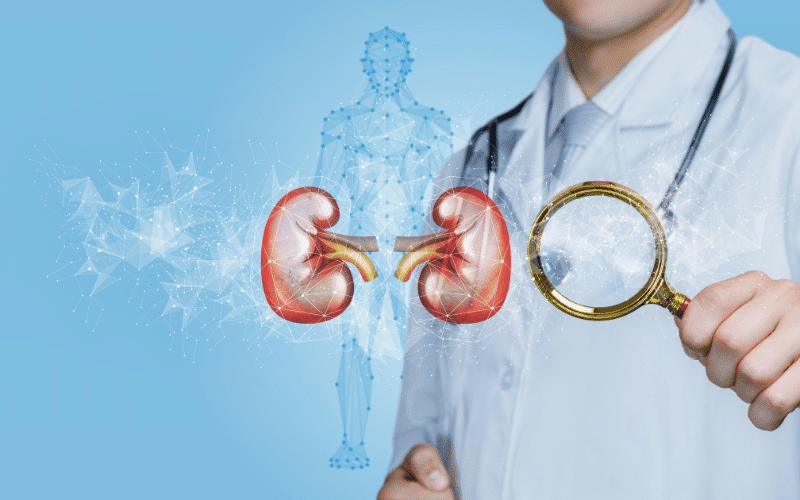FAQs: Common Questions About Foods to Avoid with Kidney Disease

1. Can I still eat a balanced diet if I avoid these 20 foods?
Yes, you can maintain a balanced diet while avoiding the foods listed in this article. Focus on consuming a variety of fruits, vegetables, lean proteins, whole grains, and healthy fats. Remember that each person’s nutritional needs may vary, so it’s essential to consult with your healthcare provider for personalized dietary guidance.
2. How can I tell if a food is high in potassium or phosphorus?
You can check the nutritional information on food labels to determine the potassium and phosphorus content. Additionally, there are numerous online resources and smartphone apps that provide detailed nutritional information for various foods. Keep in mind that portion size also plays a role in the amount of potassium or phosphorus you consume.
3. Are there any specific diets recommended for individuals with kidney disease?
The National Kidney Foundation recommends the DASH (Dietary Approaches to Stop Hypertension) diet for individuals with kidney disease. The DASH diet emphasizes fruits, vegetables, whole grains, and lean proteins while limiting sodium, saturated fats, and added sugars. Always consult with your healthcare provider before starting a new diet plan to ensure it meets your individual needs.
4. Can I still eat out at restaurants if I have kidney disease?
Yes, you can still dine out while managing kidney disease. However, it’s essential to make mindful choices and communicate your dietary restrictions to the restaurant staff. Choose dishes that are lower in sodium, potassium, and phosphorus, and ask for modifications, such as steamed vegetables instead of fried or sauces served on the side.
5. How can I make my favorite recipes more kidney-friendly?
You can modify your favorite recipes by substituting or eliminating ingredients that may be harmful to kidney health. For example, use herbs and spices to flavor your dishes instead of salt, choose lean cuts of meat over fatty ones, and incorporate more fresh fruits and vegetables to boost overall nutrition.
6. Is it safe to take supplements if I have kidney disease?
It’s important to consult with your healthcare provider before taking any supplements if you have kidney disease. Some supplements may contain high levels of potassium, phosphorus, or other potentially harmful substances. Your healthcare provider can guide you on which supplements, if any, are safe and appropriate for your individual needs.
Conclusion: Kidney Disease and Your Diet
Making mindful dietary choices and avoiding the 20 foods discussed in this article can significantly improve kidney health and prevent further complications related to kidney disease. Always consult your healthcare provider before making significant changes to your diet and remember that each individual’s nutritional needs may vary. By prioritizing kidney-friendly foods and minimizing harmful dietary habits, you can support optimal kidney function and enjoy better overall health.